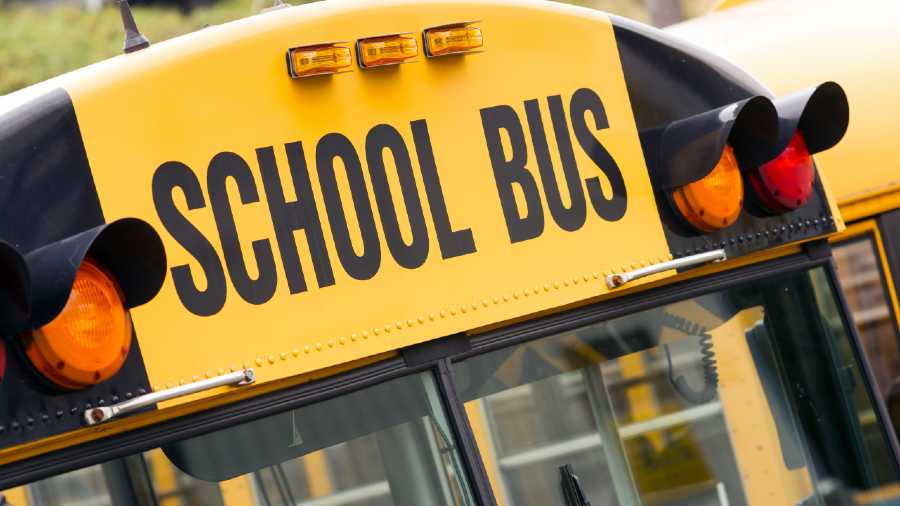Several school bus owners have sold off their old buses as scrap and many have switched to other means of survival in the two years of pandemic, a crisis that changed the face of the school-bus industry like never before.
The impact has been so deep that many bus owners said they would not be able to roll out their buses to ferry school children even if the
ongoing wave of Covid infection gradually peters out and colleges and schools start reopening.
“To make a school bus roadworthy one would have to invest close to Rs 1 lakh. The cost of four tyres, for instance, would be around Rs 60,000. There are other costs, including machine overhauling after a period of idling for two years ,” said Debasish Banerjee, a school bus owner from Bhowanipore.
Banerjee has sold off his two buses as scrap. The amount he earned — close to Rs 6 lakh — has been deposited in a bank before he decides on his next move for survival.
“At least seven out of 10 bus owners will not roll out their buses even if schools reopen from tomorrow. They don't have money,” he said.
The burden of paying the employees, including drivers, without any earning for months at a stretch coupled with an overwhelming majority switching to work-from-home mode shunning office commute on contract carriages has robbed several bus owners of their savings.
Such is the impact of the pandemic-induced crisis that some of the school bus operators have decided not to return to a trade they have been involved with for at least two decades.
A month-and-a-half back, Uttam Saha, a school bus owner in his 50s from Garia, committed suicide hanging. His colleagues said Saha owned three buses and he could no longer bear the burden of mounting losses.
A few who took the hit have switched to other modes of survival beyond school buses.
“I sold off my buses as scrap and have invested the amount to open a small shop for ladies garments. School bus trade is all over. I realised finding an alternative source of income was imperative for me to survive,” said
Ratan Samaddar, a school bus owner from Shakuntala Park in Behala.
There are around 4,000 school bus operators in Calcutta and its adjoining areas who carry students for different schools that have outsourced this service to contractors or agencies.
A small fraction of schools still run their own buses to ferry students.
After remaining shut for almost 20 months, schools across Bengal had opened their gates for students of class es IX to XII in November only to close down again from January 3 because of the surge in Covid cases.
“The response was so feeble during this two-month period that most bus owners ended up incurring losses. A 52-seater bus attracts an investment of close to Rs 60,000 annually for insurance,” said Himadri Ganguly, the general secretary of the West Bengal Contract Carriage Owners and Operators Association.
“No one will pay heed if we demand a hike in our fees for ferrying school students now. How do we survive? said Ganguly.
The state government has been offering relaxation in submission of taxes and penalties for late payments on several heads to owners of commercial vehicles, including buses, minibuses, school buses and pool car owners throughout the pandemic.
The waivers on different counts, including road taxes and fees for late renewal of permits and fitness certificates, have ended on December 31.
“I have kept my bus par-ked. I will probably not roll it out ever. It’s over for me. Bus ae aar kicchu nei dada (There is nothing in the bus trade), said Surojit Das.
Das now sells grocery items to households carrying them on his cycle after sourcing them from Khidderpore.
Many others like him have switched their trade; signing out of a business they had in-vested over two decades before taking a beating for life.
